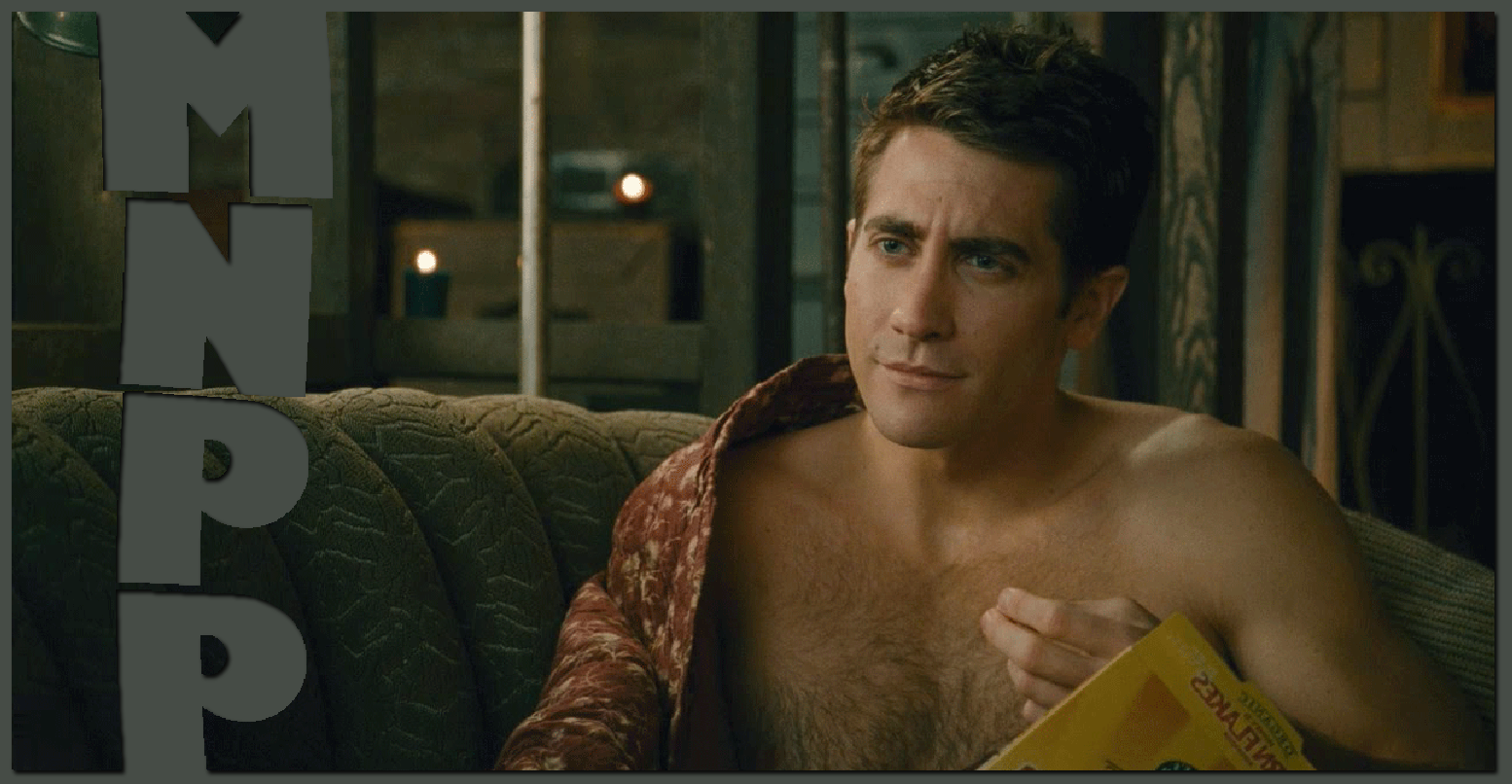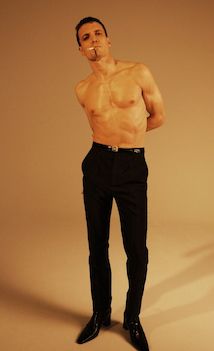.
I don't really want to keep dissing Lincoln since people seem to be enjoying it - huzzah to you, folks! - but thinking about Joe Wright's Anna Karenina today I couldn't help but stumble into a mental comparison between it and Spielberg's movie. See, both films approach what's generally considered so-called "stuffy" material - one's an epic historical biography, the other's an epic adaptation of serious literature; both are plunked down in distant times with big costumes and bigger themes and biggest wigs. And both attempt (or so I've seen people state, which I'll get to in just a second) to throw open the curtains and shake off the dust and get the damned stuffiness out a bit.
Spielberg's film, apparently, does this with humor... or so everybody keeps saying. I personally don't get it. I don't recall the film being that light at all (save the moments when Day-Lewis was telling one of his stories, which if the entire film had been two hours of listening to that I'd have been fine) - I found it plodding and text-booky and too emotionally scattered to get much caught up in. DDL did a fine job humanizing an icon, but the movie didn't seem to know what to do with it. Anyway people seem to be finding Spielberg's film funny and enlivening or whatever - everybody loves a good Tommy Lee Jones huff and puff and blow the Congress down, that much is true.
Joe Wright's Anna Karenina on the other hand did for me what people have been arguing Lincoln did for them - it grabbed a hold of some "stuffy" material which could have easily been another two hours of Keira Knightley wearing grand period costumes while staring into space forlorn, so frail and delicate she might shatter from a breeze, and it just throttled the living hell out of it and made it seem alive and crazy and new. I can see why Wright name-checked of Baz Luhrmann when he was talking about the film, but I actually think, in having a chap named Leo Tolstoy on his side story-wise, Wright wrung more humanity and depth of feeling here than Luhrmann has from his actors in anything. I am totally a fan of Moulin Rouge, you guys, but Christian and Satine are cartoons.
Wright goes big, to be sure, but his whirling cameras swinging through their insanely complicated arcs somehow never lose their focus on these people's minutiae - on fascinating little character touches, like Aaron Johnson's surprisingly delicate voice, lispy almost; or the rosy flush of Keira's cheeks as she nurses forbidden thoughts in a scene reminiscent of that train-ride scene from Unfaithful, only overlaid with way more sexual train innuendo.
And Keira is marvelous here; don't forget I say this as someone who couldn't stand her for a long time. This feels like a side of her we've never seen before - we're used to seeing her jut out that jaw as a Strong Independent Spirit, but there's a mature womanliness about it this time that makes her Anna entirely captivating and fresh. It's never abrasive, even when she's being forceful and foolish. And it's work that's as sharp as a tack - I never lost sight of what Anna was doing, or why, not for a second, amid the tumult.
So while I can get why Wright was name-checking Luhrmann, the film-maker I kept crawling back to was Rainer Werner Fassbinder. (Marking two films in a row from Wright that I've thought of RWF - Hanna was drowning in him, at least for me.) Here what did it was this seemingly impossible straddling of the superficial and the honest, the affect-laden with and the emotionally true. Fassbinder's best films were always commenting upon their own artifice, through the flat way he'd have his actors behave, or through the flat sets, so on, but he still managed to magnify in on infinitesimal insights about what makes us do the things we do. Wright's technical prowess in capturing and boxing up this entire little world for us, it only reflects its own strengths upon itself. The machinery of the music box comes undone in our hands, but the light dancing on the little silver gears is still so beautiful and heartbreaking. And the song never ends, and we never stop dancing. Or spinning. Same difference.
.








































3 comments:
Wow. Sometimes with all the hunky men on this site I lose track of the fact that you can write poetically and beautifully. I'm really looking forward to seeing this movie.
Aww thanks billybil! I hope it lives up to my praise for you, then.
I'm a glutton so I always wish your straight reviews were longer. You so perfectly capture what I loved about this (and love it I do). People keep saying in going big he distances the audience from the characters' feeling but this isn't Brechtian to the least bit. Even when he's playing with them (Macdonald's blubbering in the opening is both broad and still very real) he never loses interesting or feeling for them.
And this is as someone who finds large parts of AK the novel very...well, problematic? Dare I say that about the "greatest book of all time". Who knows?
The Aaron hate, though. He's splendid. Not best in show, but the cast is all doing top work.
I'm glad you're on the champions.
Post a Comment